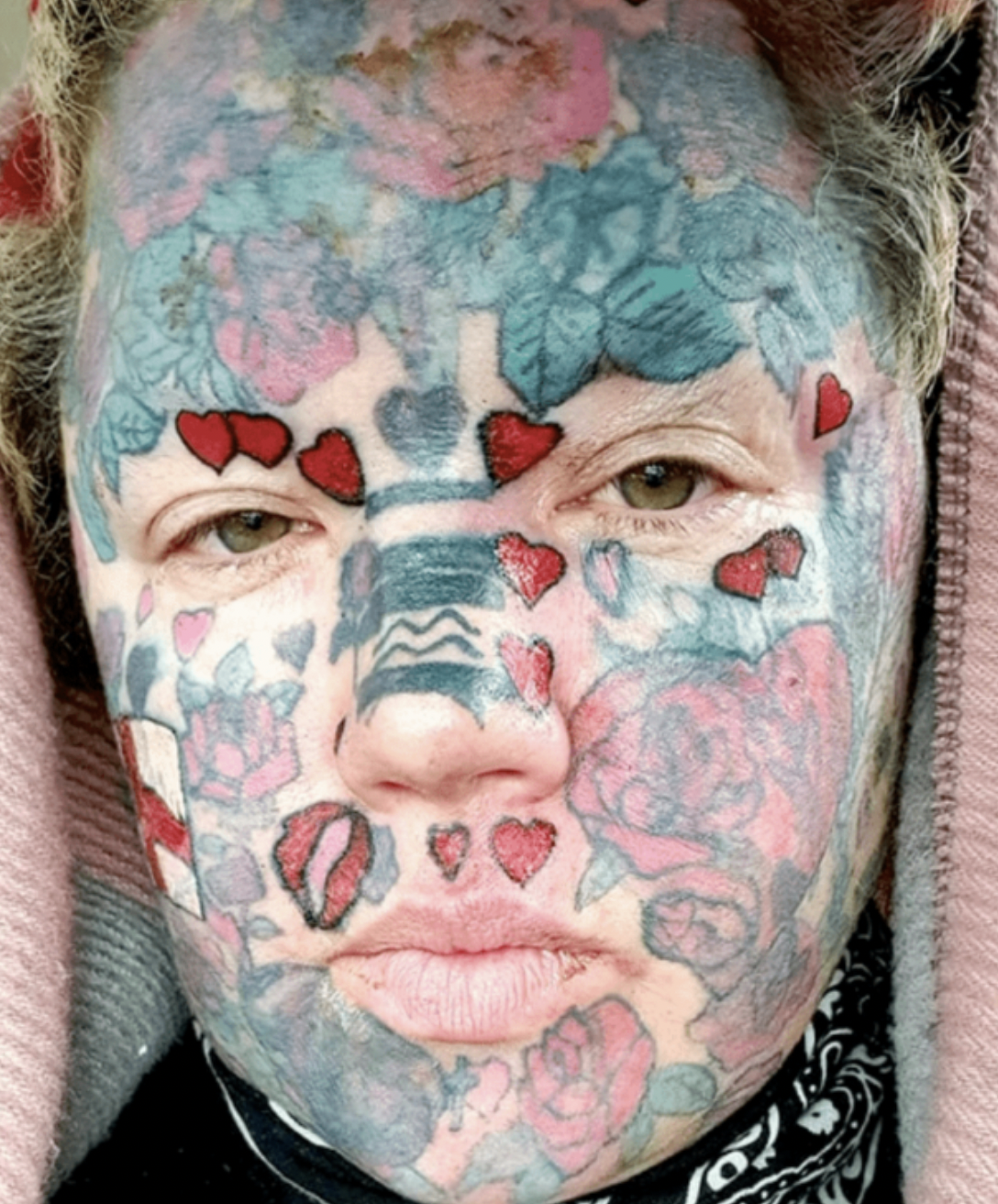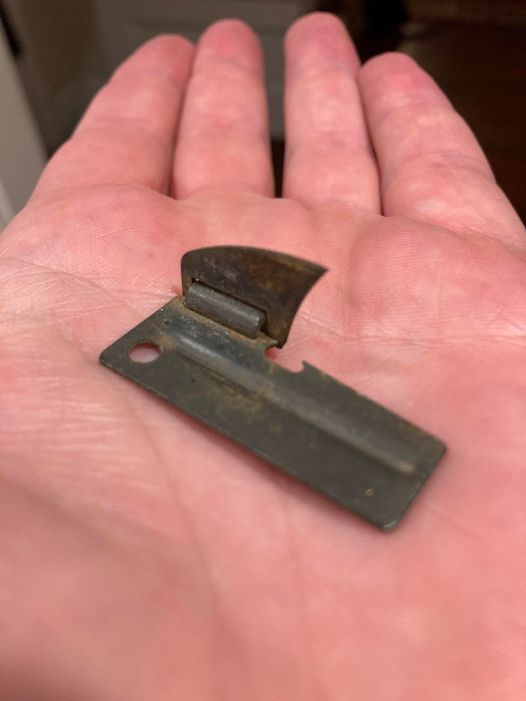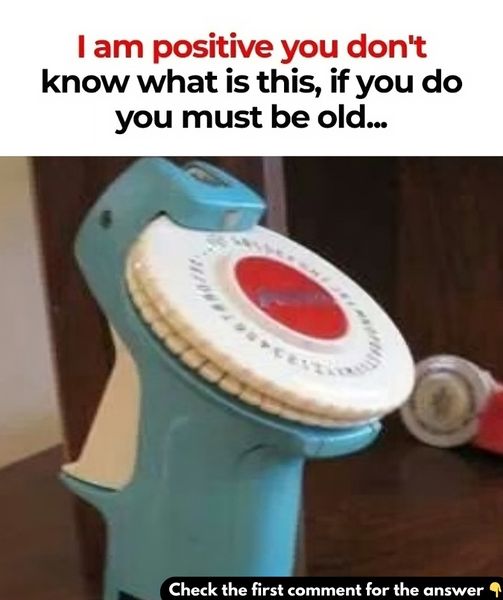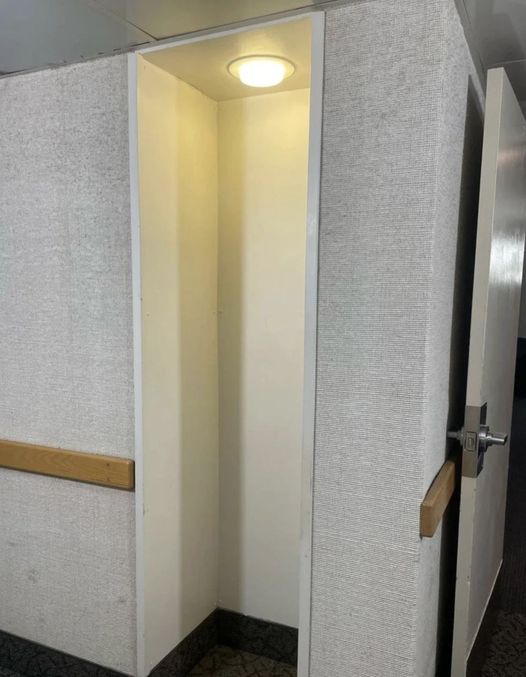Tattoos have become more socially accepted in recent years, but the job market can still be unforgiving for those who are covered in ink. Meet Melissa Sloan, a 45-year-old mother and self-proclaimed “tattoo addict,” who is facing difficulties in finding employment due to her extensive body art.
Melissa’s journey into the world of tattoos started when she was 20 years old. She became addicted to the art form and has been getting tattoos ever since. In an exclusive interview with the Daily Star, Melissa revealed that most of her tattoos were done by her partner in a “prison style” at home.

Melissa’s face is adorned with eye-catching tattoos, including Playboy bunnies on her cheeks, marijuana leaves on her scalp, and hearts covering her brows. She even has spider webs on her breasts. However, these beautiful creations have become a barrier for her in the job market.
“It’s like when you have a cigarette or a drink, you get addicted,” Melissa explained. “I can’t stop it now, it’s addictive, I just can’t stop it.” Despite the challenges she faces, Melissa remains determined to find work to support her family.
She has applied for various jobs, including a cleaning position near her home, but has been consistently turned down because of her tattoos. This has led many to believe that she has never held a job before. However, Melissa shared that she did work as a toilet cleaner in the past, although it didn’t last long.
“My first job was cleaning toilets a long time ago,” Melissa shared. “People have said I’ve never had a job in my life, but I did have one once and it didn’t last long.”
Melissa’s eagerness to work is evident as she expressed her willingness to accept any job offer and start the following day. She is determined to prove that her tattoos do not define her work ethic or abilities.

The question remains: why are tattoos still frowned upon in the workplace? A study conducted by Workopolis.com reveals that tattoos can indeed be a hindrance when it comes to employment. The study involved 300 employers, who were asked about their attitudes towards hiring people with tattoos.
The results showed that 14% of respondents agreed that tattoos would influence their decision to hire someone, with 14% stating a preference for non-tattooed candidates. On the other hand, 23% of employers mentioned that tattoos didn’t matter to them and wouldn’t affect their decision. Additionally, 35% of companies stated that it depended on the job, while 28% considered the number and location of the tattoos.
While there may be challenges in finding employment with visible tattoos, it is important to remember that attitudes are slowly shifting. Some industries, such as tattoo parlors, are more accepting of tattooed individuals. Ultimately, the focus should be on finding employers who appreciate skills, experience, and dedication rather than on physical appearance.
Melissa’s story serves as a reminder that we shouldn’t judge people solely based on their appearance. With a friendly and open-minded approach, we can foster a more inclusive society where everyone, regardless of their tattoos, has an equal opportunity to succeed.





